This CLE involves a hands-on activity linked to investigating the properties of matter.

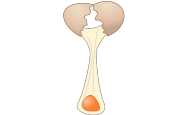
This CLE involves a hands-on activity linked to investigating the properties of matter.
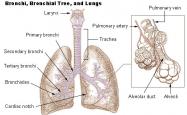
This is a video showing a lung dissection.
This 5-minute video shows a teacher from Preston College (UK) inflating sheep lungs.
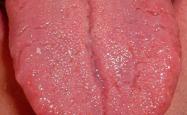
This Connected Learning Experience explores how cell specialisation helps animals survive.

This Connected Learning Experience looks at chemical reaction rates.

Description:
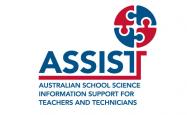
This ASSIST Information Sheet (AIS) covers aspects of gas fittings in school science laboratory settings.
Aspects covered include:
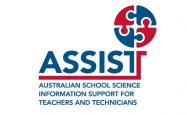
Secondary school science facilities comprise science teaching laboratories, preparation and storage areas as well as dedicated office space for science teachers and technicians.
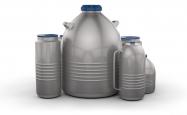
Standard Operating Procedure (SOP) and detailed method on how to handle liquid nitrogen (LN2).
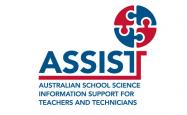
Food testing is routinely carried out in senior biology classes. Students test a variety of food samples for carbohydrates, such as sugar and starch, lipids, proteins and vitamin C.
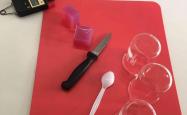
Investigating the effect of cell size on diffusion (absorption) rate (speed) is a common investigation carried out by secondary students.